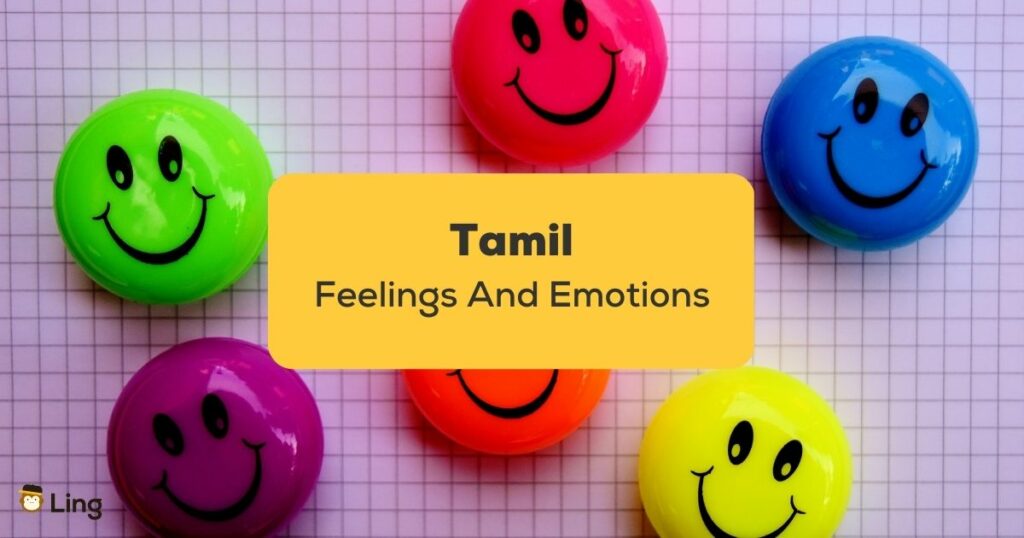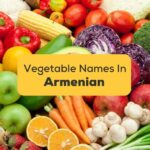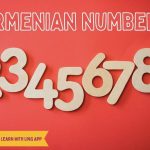Learning Tamil words related to emotions and feelings is fascinating! உணர்வு Unarvu is the Tamil word for feeling, which can range from happiness and joy to sadness, anger, and fear. On the other hand, உணர்ச்சி Unarcci is the Tamil word for emotion, which describes the psychological, physiological, and behavioral responses an individual has to a stimulus. Let’s learn all the words for Tamil feelings and emotions in this post!
Tamil culture and language are rich in expressions of strong feelings and emotions, which can be seen in their art, music, dance, and language. In Tamil Nadu, it’s common to hear words related to rage, passion, grief, and despair. The reason behind this? You see, Tamil people are passionate and expressive, and their sense of humor is quite entertaining. Now wonder if they use words related to feelings and emotions most of the time! Just check out Kollywood, the Tamil cinema industry, and the comedies they produce!
Difference Between Feelings And Emotions
Feelings are internal states that are experienced physically and mentally. They can range from pleasant to unpleasant, and they can be short-lived or prolonged. They can be expressed in terms of facial expressions, body language, and verbal communication. On the other hand, emotions are the psychological and physiological states associated with a person’s feelings. Emotions are usually more intense than feelings and are usually associated with a particular behavior or action.

Tolkappiyam For Tamil Feelings And Emotions
Did you know that in Tamil, the oldest grammar book is the Tolkappiyam? This Tamil word தொல்காப்பியம் translates to “an ancient book of attributes” or “ancient poem.” It’s an incredible resource for learning Tamil feelings and emotions, as it’s packed with words and resources from ancient Tamil culture, sociology, and linguistic geography.
Using the Tolkappiyam as our main source for Tamil emotions is an enriching experience. According to the book, emotions arise from feelings and are manifested in the human body. These emotions are categorized into eight parts or eight folds, each of which is further divided into four parts or folds. These “inner folds” are considered to be the centers from which emotions originate. Let’s learn more about it in the table below.
| English | Tamil | Pronunciation |
| Weeping | அழுகை | Alukai |
| Laughter | சிரிப்பு | Cirippu |
| Wonder | ஆச்சரியம் | Accariyum |
| Disgust | வெறுப்பு | Veruppu |
| Pride | பெருமை | Perumai |
| Fear | பயம் | Payam |
| Joy | மகிழ்ச்சி | Makilcci |
| Anger | கோபம் | Kopam |
We will look at each of these individually to know the emotions in the inner folds, which give emotion meaning and tells us where or how they arise.

Tamil Words For The Inner Emotions
Weeping includes the following Tamil words.
| English | Tamil | Pronunciation |
| Inferiority | தாழ்வு மனப்பான்மை | Talvu manappanmai |
| Loss | இழப்பு | Ilappu |
| Dishonor | அவமதிப்பு | Avamatippu |
| Poverty | வறுமை | Varumai |
Laughter comes from the following Tamil words.
| English | Tamil | Pronunciation |
| Ridicule | கிண்டல் | Kintal |
| Childish behavior | குழந்தைத்தனமான நடத்தை | Kuḻantaittaṉamāṉa naṭattai |
| Foolishness | முட்டாள்தனம் | Muṭṭāḷtaṉam |
| Feigned ignorance | அறியாமை போலித்தனம் | Aṟiyāmai pōlittaṉam |
Next, let’s take a look at the emotion words.
| English | Tamil | Pronunciation |
| Novelty | புதுமை | Putumai |
| Hugeness | பிரமாண்டம் | Piramantam |
| Minuteness | நுணுக்கம் | Nunukkam |
| Transmutation | உருமாற்றம் | Urumarram |
Here are the inner parts of disgust.
| English | Tamil | Pronunciation |
| Weakness | உருமாற்றம் | Palavinam |
| Vexation | எரிச்சல் | Ericcal |
| Agedness | முதுமை | Mutumai |
| Sickness | நோய் | Noy |
What do you think about pride?
| English | Tamil | Pronunciation |
| Philanthropy | பரோபகாரம் | Parōpakāram |
| Unsullied fame | களங்கமற்ற புகழ் | Kaḷaṅkamaṟṟa pukaḻ |
| Prowess | வீரம் | Viram |
| Educational knowledge | கல்வி அறிவு | Kalvi Arivu |
Ponder a bit on the following words that lead to fear.
| English | Tamil | Pronunciation |
| Wild animals | காட்டு விலங்குகள் | Kāṭṭu vilaṅkukaḷ |
| Thieves | திருடர்கள் | Tiruṭarkaḷ |
| Native King | பூர்வீக ராஜா | Pūrvīka rājā |
| Demonic beings | பேய் பிசாசுகள் | Pēy picācukaḷ |
It goes on with joy.
| English | Tamil | Pronunciation |
| Richness | செல்வம் | Celvam |
| Mind’s might | மனதின் வல்லமை | Maṉatiṉ vallamai |
| Intercourse | உடலுறவு | Uṭaluṟavu |
| Play | விளையாடு | Viḷaiyāṭu |
Finally, there is anger.
| English | Tamil | Pronunciation |
| Cutting one’s limb | ஒருவரின் உறுப்பை வெட்டுவது | Oruvariṉ uṟuppai veṭṭuvatu |
| Inflicting pain | வலியை உண்டாக்கும் | Valiyai uṇṭākkum |
| Murder | கொலை | Kolai |
| Harming a kin | ஒரு உறவினருக்கு தீங்கு விளைவித்தல் | Oru uṟaviṉarukku tīṅku viḷaivittal |
What are your thoughts and feelings having gone through this list? Does this stand true or resonate with you? Leave us a comment or two!
List Of Tamil Feelings
Wrapping up, here are some common feelings in Tamil that are important in the daily language:
| English | Tamil | Pronunciation |
| Happiness | மகிழ்ச்சி | Makiḻcci |
| Grief | துக்கம் | Tukkam |
| Irritated | எரிச்சல் | Ericcal |
| Annoyed | எரிச்சலடைந்தார் | Ericcalaṭaintār |
| Disturbed | தொந்தரவு | Tontaravu |
| Miserable | பரிதாபகரமானது | Paritapakaramanatu |
| Panic | பீதி | Piti |
| Nervous | பதட்டமாக | Patattamaka |
| Mad | பித்துப்பிடித்த | Pittuppiṭitta |
| Cheated | ஏமாற்றினார் | Emarrinar |
| Frustrated | விரக்தியடைந்த | Viraktiyaṭainta |
| Love | அன்பு | Anpu |
| Relief | துயர் நீக்கம் | Tuyar nikkam |
| Contentment | மனநிறைவு | Maṉaniṟaivu |
| Excitement | உற்சாகம் | Urcakam |
| Worry | கவலை | Kavalai |
| Stress | மன அழுத்தம் | Mana aluttam |
| Heartbroken | இதயம் உடைந்தது | Itayam utaintatu |
Learn Tamil With Ling

Hope you found learning about Tamil feelings and emotions interesting! If you’re curious to learn more about Tamil, I highly recommend checking out the Ling app. It’s an excellent tool for language learning and provides an efficient and effective way to learn Tamil and 60+ other languages! The app offers a variety of interactive activities and lessons that are easy to understand and remember. It even provides personalized feedback and allows you to track your progress. Plus, the embedded chatbot provides helpful guidance and feedback along the way.
One of the best features of the Ling app is its comprehensive lessons that contain topic-wise words and phrases for you to search and learn. It’s perfect for expanding your Tamil vocabulary and mastering the language. And the best part? The app is completely free and can be downloaded on any device, making it accessible to everyone. So why not give it a try and take your Tamil skills to the next level? Find it on the Apple Store or Google Play Store now!



































































